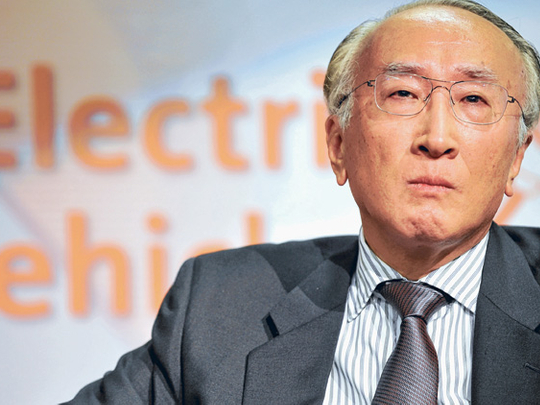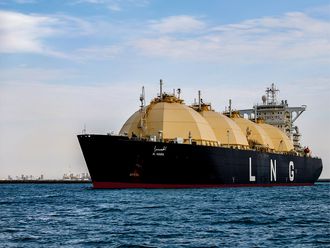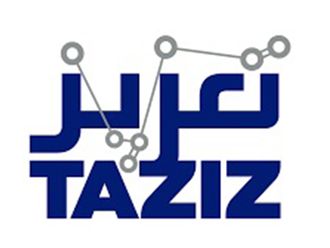
Canberra: Poor and wealthy nations must take concrete steps to curb carbon emissions at world climate talks in Mexico next week, rather than fall out over specific carbon dioxide targets, the International Energy Agency (IEA) said on Thursday.
IEA Executive Director Nobuo Tanaka, in an interview with Reuters, said he was "cautiously optimistic" the Cancun summit would see progress in climate mitigation, but not a binding deal on carbon reduction targets.
"We are saying countries can have different contributions. Oil producers can contribute by phasing out subsidies, developed economies can contribute by committing more to renewable energy sources, China can contribute more energy efficiency measures," Tanaka said during a visit to Australia.
"These kinds of concrete actions by the different governments certainly help towards the mitigation of CO2, while enhancing energy security.
"That is our message. We are cautiously optimistic that Cancun will achieve certain progress towards sustainability," he said.
Nearly 200 nations meet in Cancun, Mexico from November 29 to December 10, trying to put troubled UN climate talks back on track in the wake of inconclusive discussions last year in Copenhagen.
Environment ministers will try to agree on some of the building blocks of a UN deal to combat global warming after the 2012 expiry of the existing Kyoto Protocol.
But some European leaders are worried the recent US mid-term election setback for President Barack Obama and Republican victories could seriously weaken momentum for Cancun, having hobbled Obama's push for climate change policies. Tanaka said Mexico's government was cleverly managing expectations for the summit, which will be marked by large demonstrations by farmers in Mexico City on November 30.
"Expectations are much lower than last year in Copenhagen. But as an organisation we think there must be not only this agreement on the specific targets of reduction, we think action and measures are more important," he said.
Tanaka, in Australia for energy talks, said it was increasingly unlikely the world was going to be able to limit temperature rises from greenhouse gas emissions to 2 degrees celcius, as agreed at Copehangen, and the target was becoming rapidly more expensive.
The IEA head said he would like to see oil producing nations such as Iran, Saudi Arabia and Indonesia reduce oil and petroleum subsidies for domestic consumers, as they were distorting energy policies and efforts to fight climate change.Subsidies in 2008 were worth $558 billion (Dh2.05 trillion) and last year fell to $312 billion, thanks mostly to currency shifts, but would reach $600 billion in 2015 without action.
"In some countries, oil or energy consumption is much more than it should be.
"Phase-out is a very important action in Cancun which we are strongly recommending to the Mexican president that he take action on," Tanaka said.












